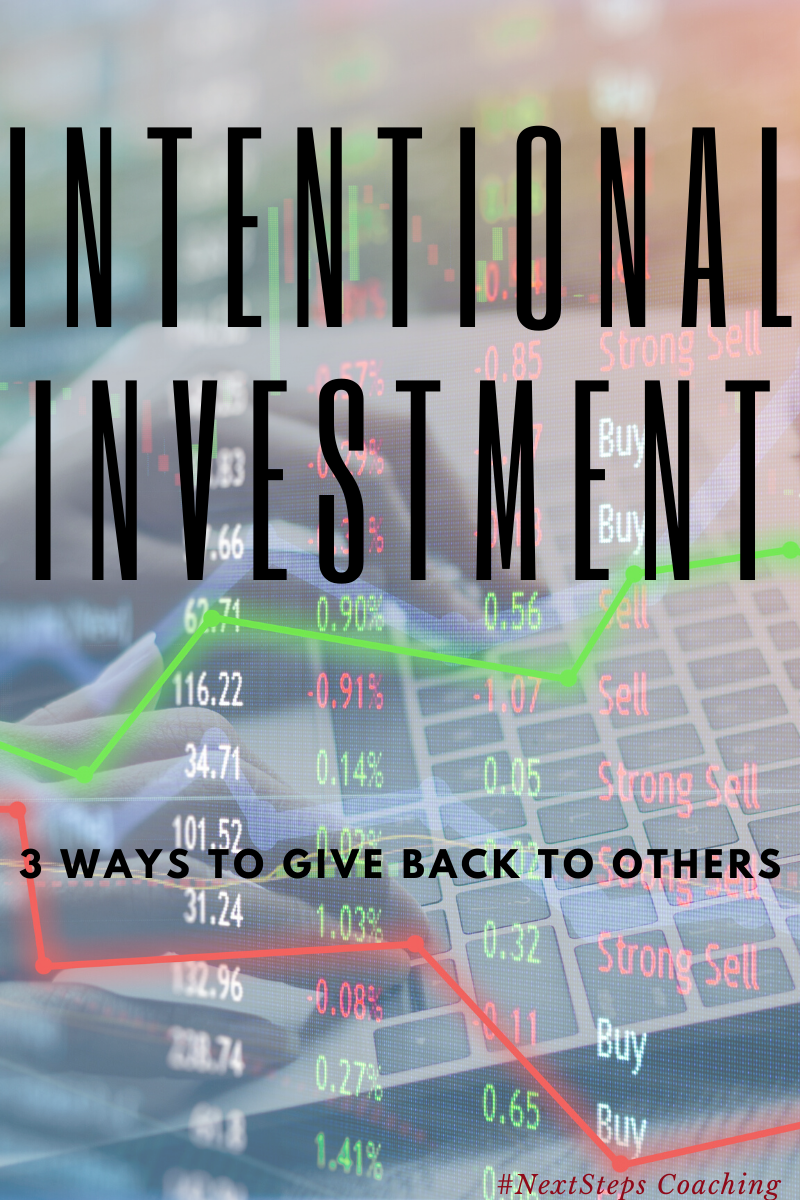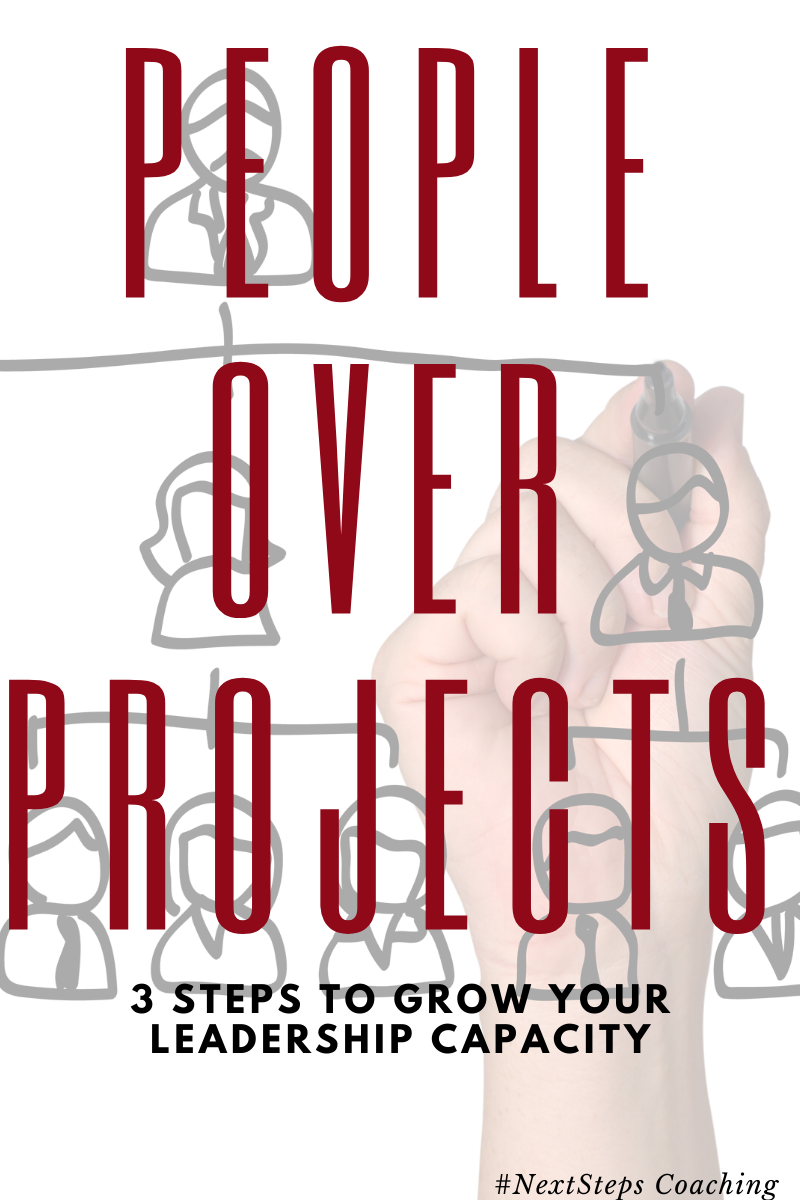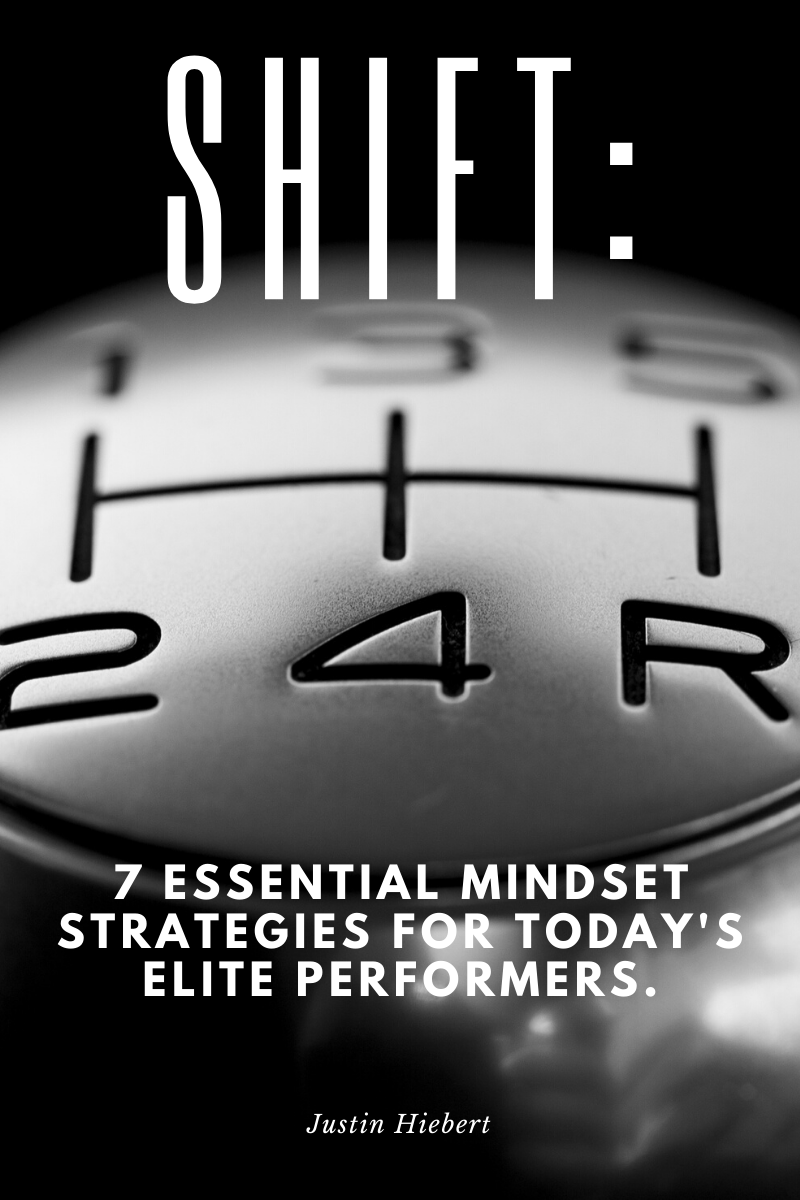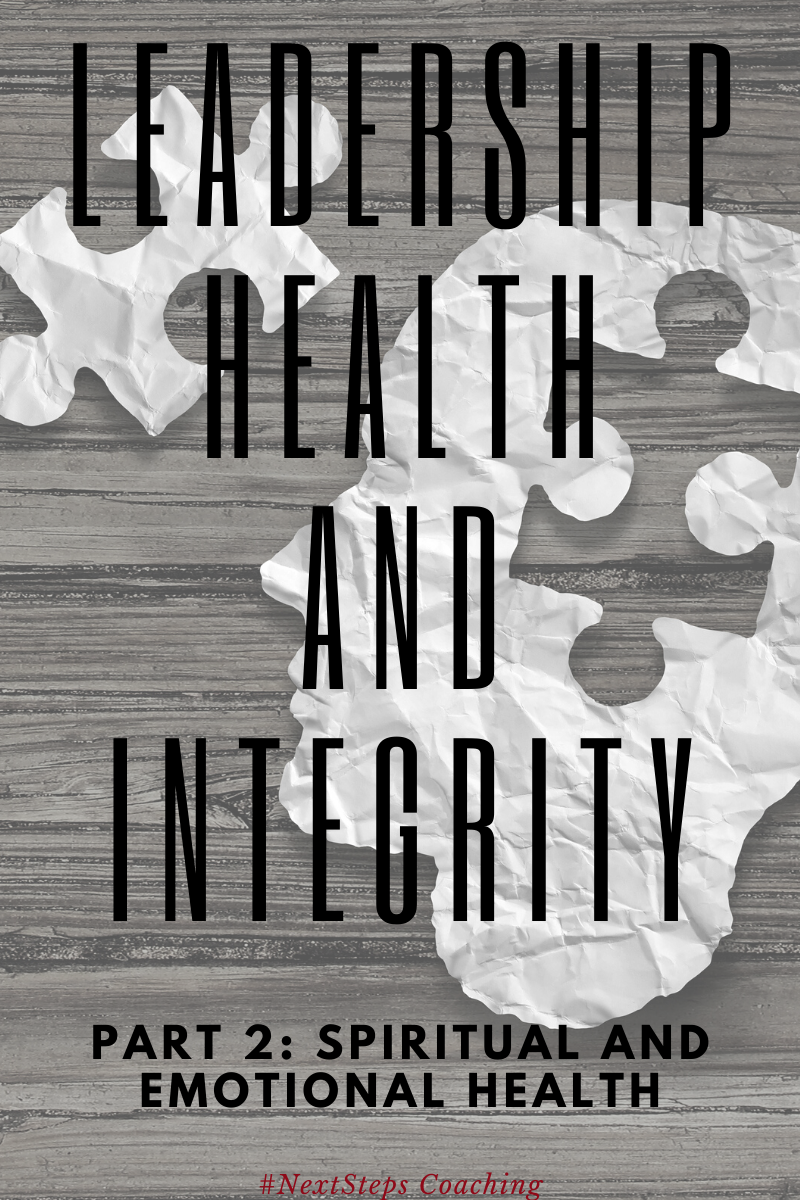
The greatest thing we can do every single day is to make an intentional investment into those around us.
The recent world pandemic of COVID-19 (Coronavirus) reminds us of the fragility of financial investments.
Will the stock market recovery? Absolutely. Eventually.
But this also reminds us of the need to invest in relationships.
One thing that pays immediate dividends and lasts forever is investing in people. Finding, developing, resourcing, and equipping future leaders around us is always worth the investment.
Growth Happens Here
When I work businesses, especially entrepreneurs or solopreneurs, this becomes an emphasis of our coaching time. 
In the beginning, all work is done by the owner. As anyone who has started a business. In addition to being the owner, they were also the sales team, marketing department, human resource contact, janitor, and security guard.
The business grows, and it comes time to hire a new employee.
This can be scary. Someone who is used to doing it all can be hesitant to give something up. The fear is that the new person won’t do it as well.
Hint: That’s probably true.
But that doesn’t mean we avoid hiring. Instead, it means we get intentional about hiring. We look for people willing to be invested in.
Instead of capping growth at the original owner/banker/marketer/sales/do-it-all-yourself we find ways to offload burdensome tasks to someone else.
The owner focuses on the core activities of the business, the things that only he or she can do to help the business grow. We create a hiring profile based on those other tasks. The ones that are important, maybe even vital to the organization, but something that can be done by someone else.
In the coaching process, we work through four quadrants and have the owner visualize where the growth needs to happen.
The last step is always people investing. That’s where we see the greatest return on investment.
Intentional Investment
What does intentional investment look like? It can take many forms:
- An encouraging word or letter of thanks
- Educational support
- Mentoring/Coaching
- Professional Development seminars
- Sharing hard-won battles or industry secrets
In sum, Intentional investing happens anytime we are purposeful about shortening the learning curve between where someone is at and personal mastery.
Previously, we have looked at what it means to choose people over projects.
This goes one step beyond that.
More than just the relationship, we care about the growth of the person.
Ready to invest in someone else? Here are three ways to seek out relationships for intentional investment.
3 Ways to Cultivate a Life of Intentional Investment
1.) Intentionally Create Calendar Space
Personally, I’ve stopped using the phrase, “I don’t have time.” I’ve discovered that I’m always willing to make time for things in my life that really matter. If you want to find the time, you never will. Ultimately, that’s because you don’t value it enough. Create calendar time to intentionally cultivate relationships.
2.) Find a bit of yourself in the other person.
In many ways, the coaching field is full of coaches who utilize their time to help others that are like them. I know this is true of me personally and several of my other coaching friends. We coach what we have come out of, or where we see ourselves going.
Mentoring. Connecting. Investing in others all look like this as well. Find someone who reminds you of you at a younger age and guide them towards maturity. What are the things you wish you’d know at that age? That’s the perfect place to start.
3.) Create a compounding vision of success
Albert Einstein is attributed with saying that compound interest is the most powerful force in the universe. However true this is, I believe our ability to invest in others is even more powerful. In the midst of the Coronavirus pandemic, people have been hoarding items like toilet paper and hand sanitizer. There are even videos online of fistfights erupting over these items.
One thing we never want to hoard is information, transformation, or success. I firmly believe there is enough for everyone. In a world that says, “There’s only enough for one of us if you have it then I can’t.” I choose to fight against that.
There is enough happiness, joy, success, wealth, insight, talent, and ability for us all to succeed.
Instead of seeking out compounding interest, seek out compounding wins of success and personal investment in others. Their gratitude, your joy, and the world’s need for positivity will all thank you.
—
Justin’s note: During this trying time of the ongoing COVID-19 pandemic I am doing my part to give back.
1.) If you want a free downloadable of 50 ways to practice self-care click this link.






